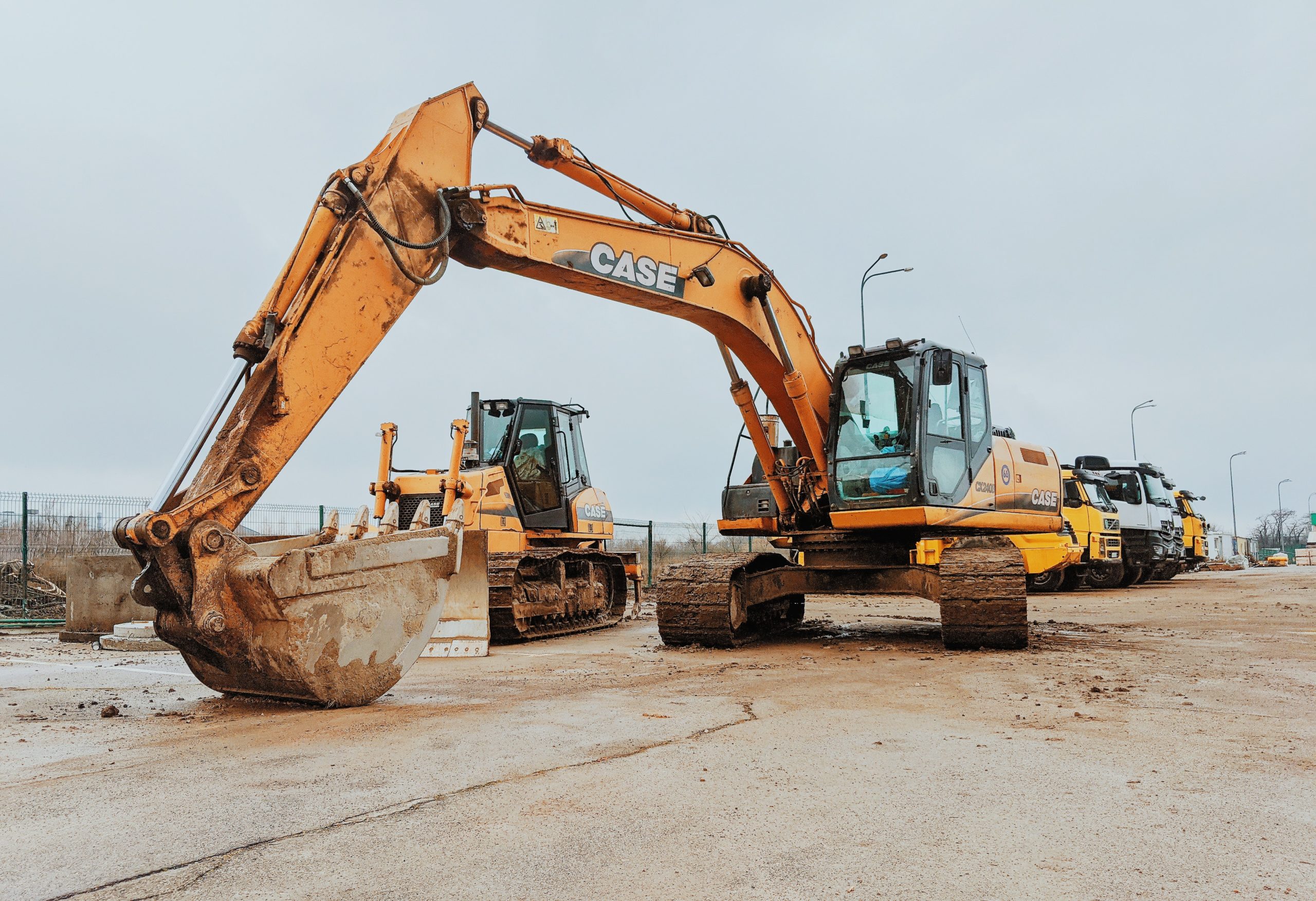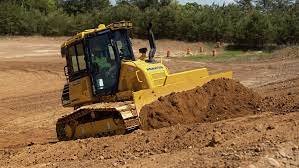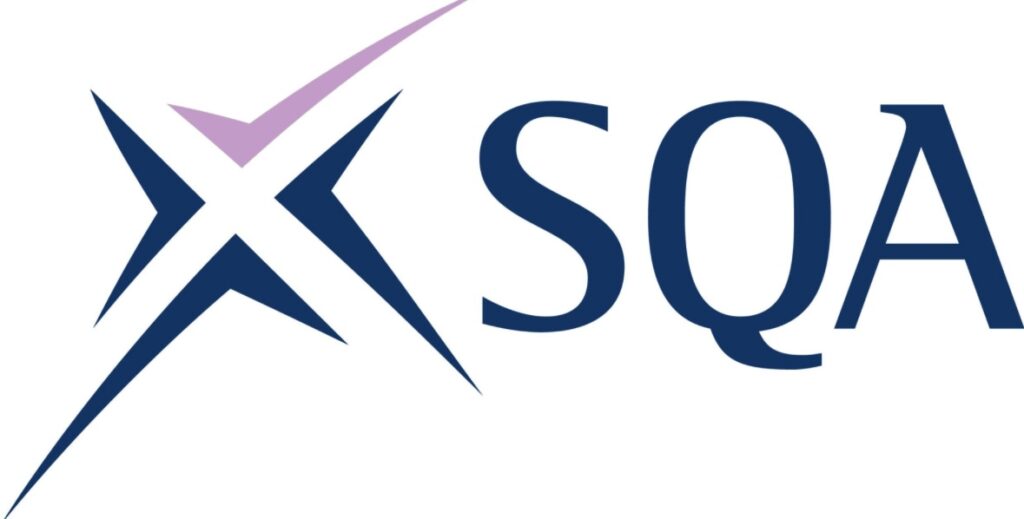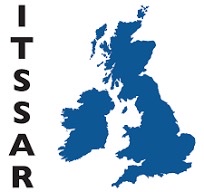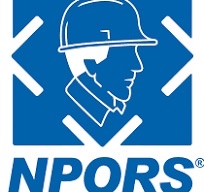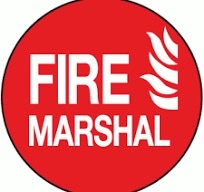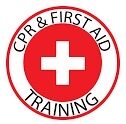N010 TELESCOPIC HANDLER
Home » N010 Telescopic Handler
The Telescopic Handler (N010) course offered by DDRF Training is designed to provide participants with the essential skills and knowledge required to safely and efficiently operate telescopic handlers in a variety of work environments. Accredited by NPORS (National Plant Operators Registration Scheme), this course ensures that operators meet industry-recognized standards, providing employers with confidence in their employees’ capabilities and compliance with health and safety regulations.
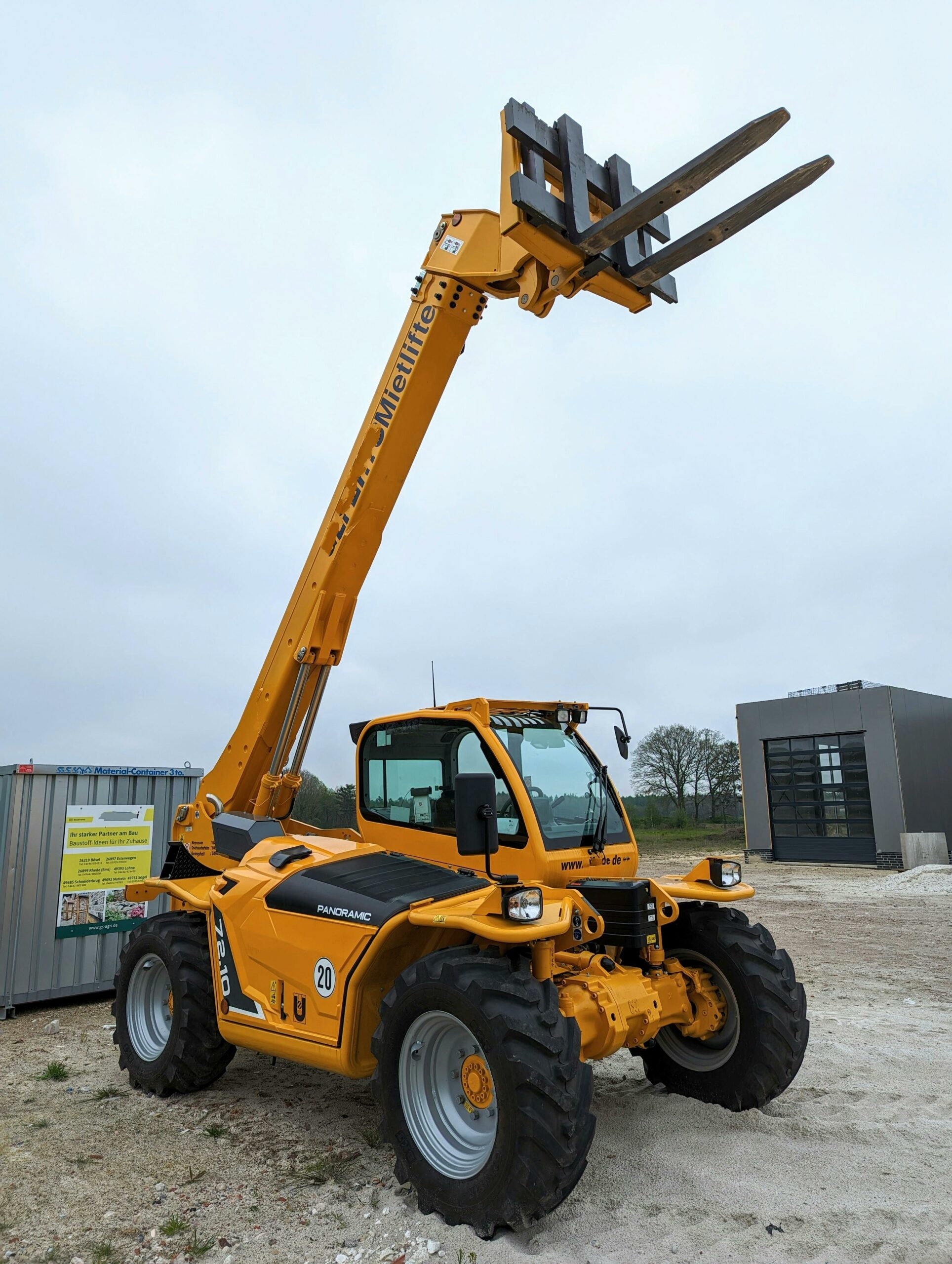
Whats covered?
Types and Functions: – Overview of telescopic handlers, their components, and the various tasks they are used for in different industries.
Attachments: – Understanding different attachments like buckets, forks, and winches and their specific uses.
Health and Safety Legislation
Legal Responsibilities: – Understanding the employer’s and operator’s duties under key regulations such as the Health and Safety at Work Act 1974, PUWER (Provision and Use of Work Equipment Regulations), and LOLER (Lifting Operations and Lifting Equipment Regulations).
Pre-Use Checks and Machine Maintenance
Inspection Procedures: – Step-by-step guide to performing pre-operational checks to ensure the machine is safe to use.
Basic Maintenance: – Checking oil levels, hydraulic fluids, and attachment integrity.
Pre-Use Checks and Machine Maintenance
Inspection Procedures: – Step-by-step guide to performing pre-operational checks to ensure the machine is safe to use.
Basic Maintenance: – Checking oil levels, hydraulic fluids, and attachment integrity.
Controls and Operation
Machine Controls: – Familiarization with telehandler controls, including steering, boom functions, and stabilizers.
Steering Modes: – Understanding different steering options (e.g., four-wheel steering, front-wheel steering, crab steering) and when to use them.
Safe Lifting and Load Management
Load Charts: – How to read and interpret load capacity charts to avoid overloading the machine.
Load Stability: – Importance of keeping loads stable during transport, lifting, and lowering.
Driving Techniques: – Safe driving practices, especially in restricted areas, including reversing and operating on uneven terrain.
Operating on Slopes – Understanding how to safely handle the telehandler when working on inclines or declines, to prevent tipping or loss of control.
Use of Attachments
Changing Attachments: – Safe procedures for attaching and detaching equipment, such as forks, buckets, and pallet handlers.
Specific Use Cases How to use each attachment properly for different tasks, ensuring maximum efficiency and safety.
Handling Materials at Height
Boom Control: – Safe lifting of materials to significant heights using the telescopic boom, with attention to load balance and machine stability.
Placing Loads: – Techniques for accurately positioning loads on scaffolding, platforms, or other elevated surfaces.
Site Safety and Communication
Workplace Hazards: – Identifying and managing risks such as overhead obstructions, uneven surfaces, or pedestrians in the work area.
Communication: – Effective communication on site, including hand signals and radio protocols to ensure safety and coordination with ground workers.
Theory and Practical Assessments
Written Test: – Participants must demonstrate knowledge of safety regulations, machine components, and safe operating procedures.
Practical Evaluation: – Hands-on assessment to prove competence in handling the telescopic handler, including pre-use checks, safe lifting, and load placement.
Ready TO RECEIVE YOUR qualification ?
All our trainers’ assessor testers are fully qualified within multi competency skills CPCS, NVQ and SENTINEL
We offer a friendly hands on approach using real world experience to help install a fuller more comprehensive course enabling the candidates to benefit from our years of experience.
Why Choose DDRF Training
NPORS Accreditation
As a recognized NPORS training provider, our courses meet industry standards and ensure you are fully compliant with health and safety regulations.
Experienced Instructors
The instructors at DDRF are highly skilled professionals with years of experience in forklift operations and training. Their practical knowledge ensures that trainees receive real-world insights and best practices.
Comprehensive Training
We offer a balanced mix of theoretical and practical training to ensure participants are fully competent in handling telescopic handlers.
Cost-Effective Solutions
DDRF Training provides value for money by offering competitive pricing without compromising on the quality of training. With a focus on practical, relevant training, participants leave fully equipped to operate forklifts safely and efficiently.
